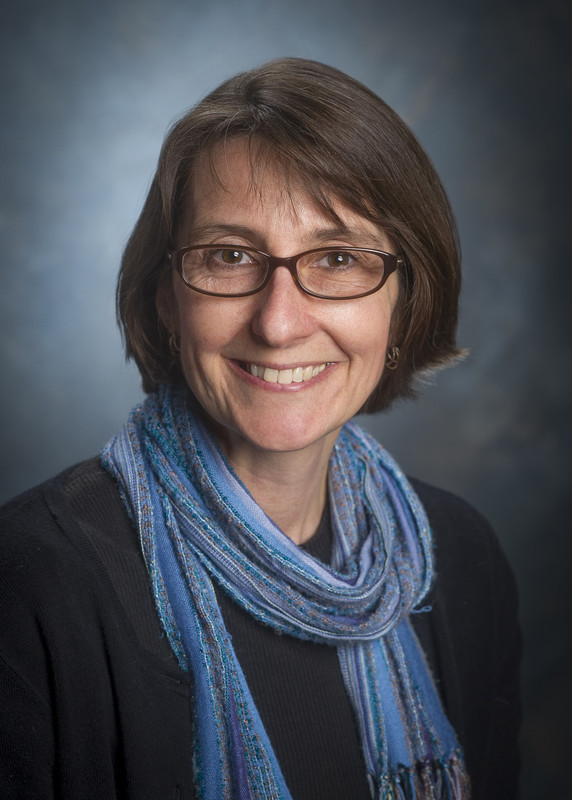 A graduate student, who was also a certified physical therapist, walked through Lisa Schwiebert’s door back in 2000, and says that she wants to look at the impact of exercise on airway inflammation.
A graduate student, who was also a certified physical therapist, walked through Lisa Schwiebert’s door back in 2000, and says that she wants to look at the impact of exercise on airway inflammation. “My first reaction was that she is crazy for thinking this because there is exercise-induced hyper reactivity which can trigger asthma,” Schwiebert, Ph.D. said. “I didn’t think it was going to work.”
Little did they know that Schwiebert’s then-student and Schwiebert, herself, would still be working on this research 16 years later. “She convinced me, and others too, to look at the impact of aerobic exercise on the airway inflammatory mechanisms.” Schwiebert said. “She was right.”
Schwiebert graduated with a doctorate in 1993 from Dartmouth College and was a postdoctoral fellow at Johns Hopkins University starting in 1993. She stayed at Johns Hopkins as an instructor until she and her husband Erik were recruited by UAB in 1997.
As a cellular immunologist, she became interested in lung immunology during her fellowship. In taking that interest, starting her own lab and continuing on with that type of work, Schwiebert found that lung immunology was one of her passions.
Another passion is mentorship. In 2007, Schwiebert was named associate dean for postdoctoral education and, last year, was promoted to associate dean for graduate and postdoctoral affairs. In this role, she oversees career development for pre- and postdoctoral students currently training at UAB; facilitates a number of courses geared towards these students for skills like grant writing and lab management; and works closely with the trainee organizations, such as the UAB Postdoctoral Association, a volunteer organization that provides a voice for the interest of postdoctoral scholars.
Either directly or indirectly, she connects with the pre- and postdoctoral students across campus.
Schwiebert’s efforts in mentorship have been recognized, as she is a senior faculty winner of the Dean’s Excellence Award in Mentorship. “I am incredibly happy and honored to be thought of in that way,” she said.
“What gets me charged is to be able to work with a student or a fellow to find out what their interests are, with regard to careers, and to help match them. I love finding those opportunities where the light bulb goes off and the eyes light up and say, ‘This is what I want to do’,” Schwiebert said. “And that is addicting to have an impact in that way.”
“Looking back, there were hints throughout high school as I was a tutor for my friends and taught swimming lessons in the summer.”
“That role continued to grow in graduate school, and I got to have a role in recruiting graduate students to my program, correcting exams and again tutoring,” she said.
“However I realized during my fellowship, which was in a very clinical arena, there were no graduate students. Though there were medical fellows, there was a different type of energy.”
“When I had the opportunity to come back to more of a more basic science atmosphere rather than stay on faculty at Hopkins, I jumped at it.”
This led Schwiebert to leading the cellular and molecular graduate program for approximately nine years. Schwiebert then said yes to the opportunity of working for the Office of Postdoctoral Education and, later, as director of The Mentored Experiences in Research, Instruction and Teaching (MERIT) training program.
“I realized that my efforts, passion and impact that I was having was changing because I had the opportunity to develop these new heretical programs in informing students about career paths in business, science communication and other avenues that go well beyond academic research, where many opportunities can be found.”
Schwiebert continues to mentor and bring faculty across campus together through events such as UAB Mentoring Week and other efforts, including the ACE Women’s Network, which helps to recruit, retain and promote women faculty across the UAB campus.
“This has been a really great way to get to know faculty across campus, which I love to do. And to start talking about ideas and different ways that we can put programs together for students and fellows, that has been a great reward,” Schwiebert said.